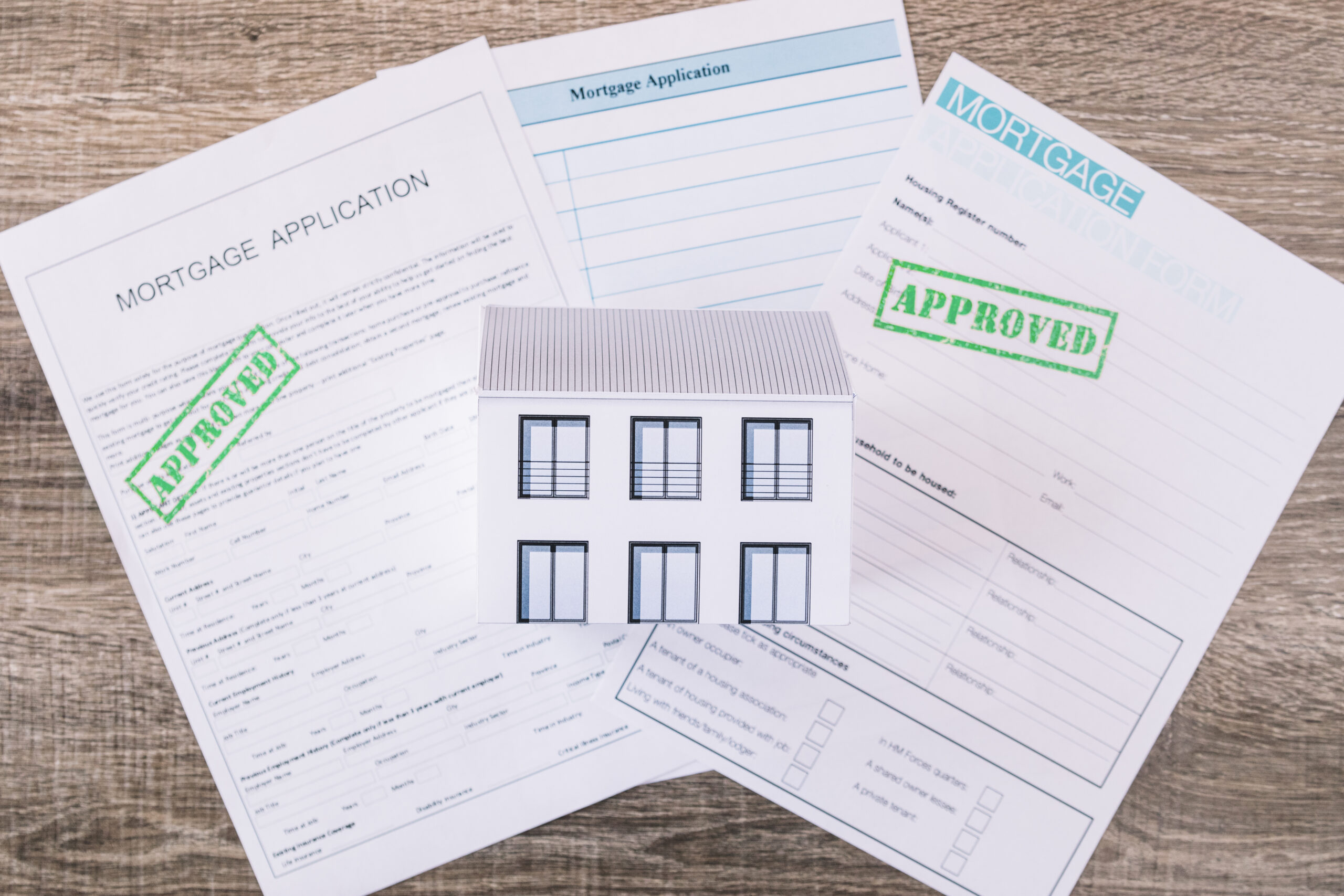Purchasing a new home is a significant milestone, and securing a mortgage loan is an essential part of that journey. Whether you’re a salaried professional or self-employed, having the right documents in place can make your application process much smoother and more efficient. In this guide, we’ll walk you through a complete checklist of mortgage loan documents required in India, so you’re well-prepared from the very beginning.
Why Are Mortgage Loan Documents So Important?
Before jumping into the checklist, it’s important to understand why these documents matter so much. Financial institutions such as banks and NBFCs use your documents to verify your identity, income, creditworthiness, and the legal status of the property you’re buying. Without complete paperwork, your loan application may face unnecessary delays or even outright rejection.
In addition, submitting accurate documents upfront builds trust with lenders. It also makes the approval process faster, smoother, and more transparent. Essentially, when your paperwork is sorted, you’re halfway through the approval journey.
Basic Mortgage Loan Documents Required (For All Applicants)
Here’s a list of essential mortgage loan documents that all applicants, regardless of employment status, must provide:
Identity Proof (Any one of the following)
- Aadhaar Card
- PAN Card
- Voter ID
- Passport
- Driving License
These help lenders verify your identity. If there’s a co-applicant, their ID proof is also required.
Address Proof (Any one)
- Electricity Bill
- Passport
- Rent Agreement
- Aadhaar Card
Both your permanent and correspondence address will be verified. This is crucial for determining your property’s servicing location.
Income Documents for Salaried Individuals
If you’re a salaried employee, here are the key home loan documents you need to submit:
- Salary slips for the last 3 months
- Form 16 (latest)
- 6 months’ salary account bank statements
- Employment certificate (if required)
These documents help lenders evaluate your current income and repayment capacity. Additionally, they reflect employment stability, which plays a vital role in loan approval.
Income Documents for Self-Employed Professionals
Self-employed individuals need to provide a broader set of financial documents:
- Income Tax Returns (ITRs) for the last 2–3 years
- Audited Profit & Loss statement and Balance Sheet
- GST registration or Business Registration Proof
- 6 months’ current account bank statements
These reflect the financial health and consistency of income, both critical for determining loan eligibility. Moreover, they provide insight into your business’s profitability and stability.
Property-Related Documents for Mortgage Loan
Lenders also require property-specific documents to validate ownership and legality:
- Sale Agreement or Allotment Letter
- Title Deed in the seller’s name
- Approved Building Plan
- Encumbrance Certificate
- Property Tax Receipts
- Occupancy Certificate (if applicable)
Together, these documents confirm that the property is legally approved, unencumbered, and fit for mortgage. If anything is missing or unclear, your loan approval could be delayed.
Co-Applicant Documents (If Applicable)
Applying with a co-applicant? Don’t forget to include their documentation too:
- Identity Proof
- Address Proof
- PAN Card
- Income Proof
- Passport-size photographs
A co-applicant can help increase your total loan eligibility. Additionally, both applicants can individually claim home loan tax benefits under Section 80C and Section 24.
Additional Mortgage Loan Documents That May Be Requested
Depending on your loan type, profile, or property location, lenders may request more documents:
- CIBIL Report or Credit Score
- Passport and Visa Copy (for NRIs)
- Power of Attorney (in case of NRIs or aged applicants)
- EMI Repayment History (for existing loans)
- Recent Photographs
- Property Insurance (in some cases)
Although these may not be mandatory in all cases, having them ready in advance can help you avoid last-minute rush and delays.
Pro Tips to Simplify the Documentation Process
Now that you know what to prepare, here are some tips to make your documentation process easier:
- Organise Early: Start collecting your documents as soon as you plan to apply for a loan. This saves you from last-minute scrambling.
- Check Validity: Ensure all your documents are valid and up to date. Expired ID proofs or outdated tax forms may cause rejections.
- Keep Multiple Copies: Lenders may ask for multiple sets. So, keep both hard and soft copies of all key documents ready.
- Verify Property Records: Double-check with your property seller or builder that all legal approvals and tax receipts are in order.
- Work with a Loan Advisor: If the process seems overwhelming, a professional can help streamline your application and documentation.
Final Thoughts
Submitting the right mortgage loan documents is not just a formality — it’s the first and most important step toward getting your dream home. Whether you’re salaried or self-employed, being proactive and organised with your paperwork can make the loan approval process much faster and easier.
Keep this checklist handy, and you’ll be well-prepared to move forward with confidence.

